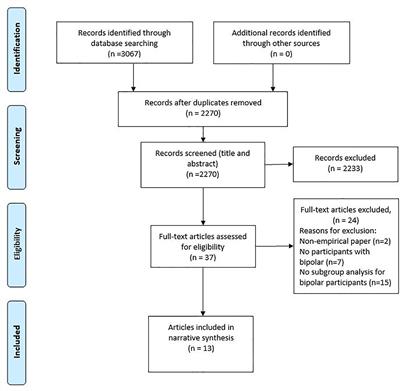EDITORIAL
Published on 21 Apr 2021
Editorial: Human Rights and Mental Health: Current Developments in Competence Assessment and Supported Decision-Making
doi 10.3389/fpsyt.2021.682606
- 1,757 views
- 2 citations
7,586
Total downloads
38k
Total views and downloads
EDITORIAL
Published on 21 Apr 2021
HYPOTHESIS AND THEORY
Published on 11 Jan 2021
ORIGINAL RESEARCH
Published on 07 Dec 2020

POLICY AND PRACTICE REVIEWS
Published on 09 Nov 2020
SYSTEMATIC REVIEW
Published on 16 Oct 2020

POLICY AND PRACTICE REVIEWS
Published on 17 Sep 2020

ORIGINAL RESEARCH
Published on 11 Sep 2020

HYPOTHESIS AND THEORY
Published on 02 Sep 2020
